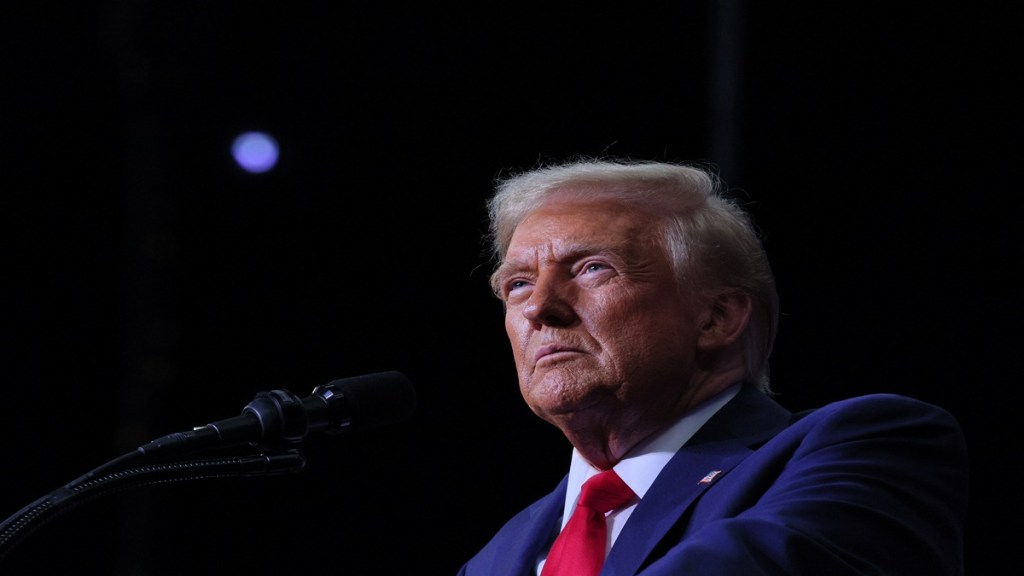Nobel Prize winner Esther Duflo on Saturday said America’s newly-elected President Donald Trump perhaps did a favour to the world by pulling out of the Paris Agreement on climate change. “It puts an onus on countries like India to take action. Climate change is upon us, everywhere, and not just the rich countries. So when a country like the US turns its back on climate action, it sort of turns the tables and puts other countries of the world into the picture. They can step up and push for action. This is the silver lining I see in Trump’s decision,” said Duflo, speaking at a session at the ongoing Kerala Literature Festival in Kozhikode.
A French-American economist serving as a professor of Poverty Alleviation and Development Economics at the Massachusetts Institute of Technology (MIT), Duflo was jointly awarded the Nobel Prize for economics in 2019 alongside Abhijit Banerjee and Michael Kremer “for their experimental approach to alleviating global poverty”.
Trump had on his first day in office announced America’s withdrawal from the Paris Agreement, a global treaty to check climate change, terming it “unfair and one-sided”.
Trump’s action is nothing new; he had done the same in his previous stint in 2017 as well. However, that was just for four months. Now, the pullout will take effect after a year and last for the rest of his term.
Global experts also feel this may be a positive step as the US then loses leverage at the COP30, to happen in Brazil this year. And with Trump’s negative stance out of the picture, some positive action might emanate from the Brazil convention.
However, Trump’s action has severe negative consequences too — funding is stopped from America towards climate action, and the second-biggest emitter of greenhouse gases has no obligation to make its emission status public. This makes climate action difficult to track and measure.
Last year has been recorded as the hottest year ever, and nations committing to limit temperature rise to 1.5 degrees Celsius is extremely imperative.

